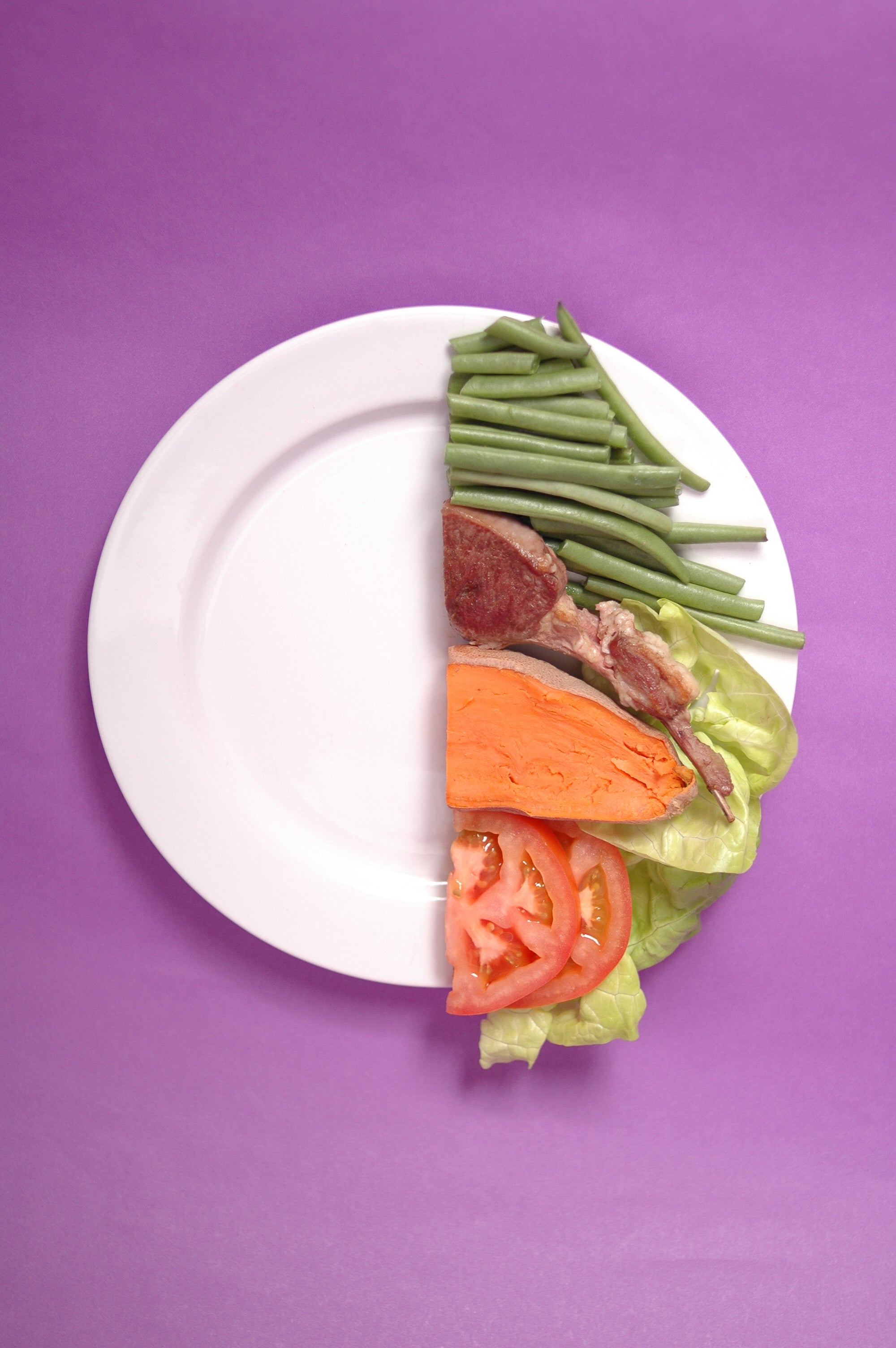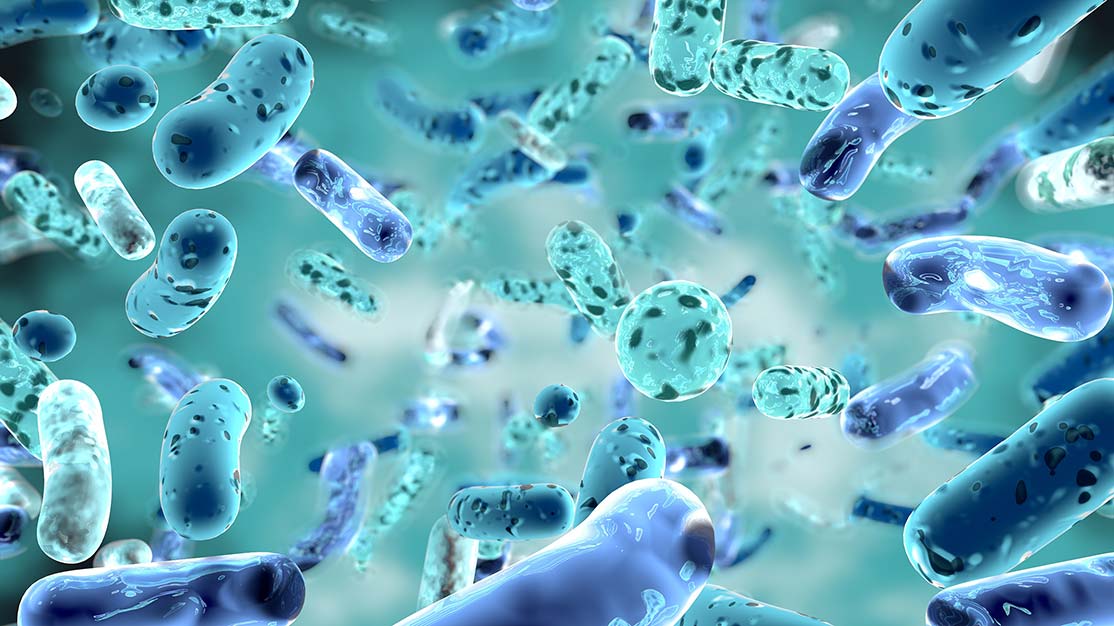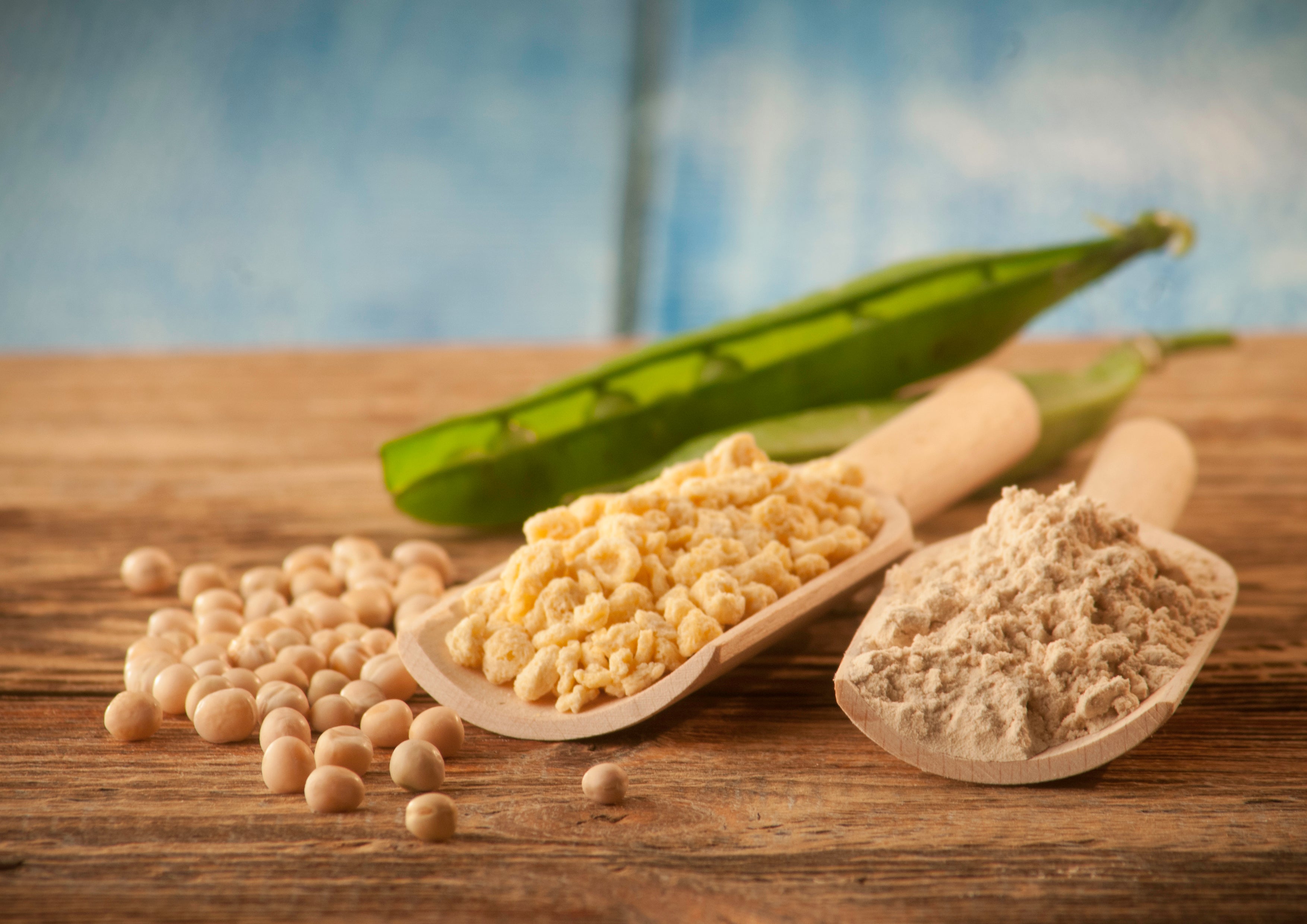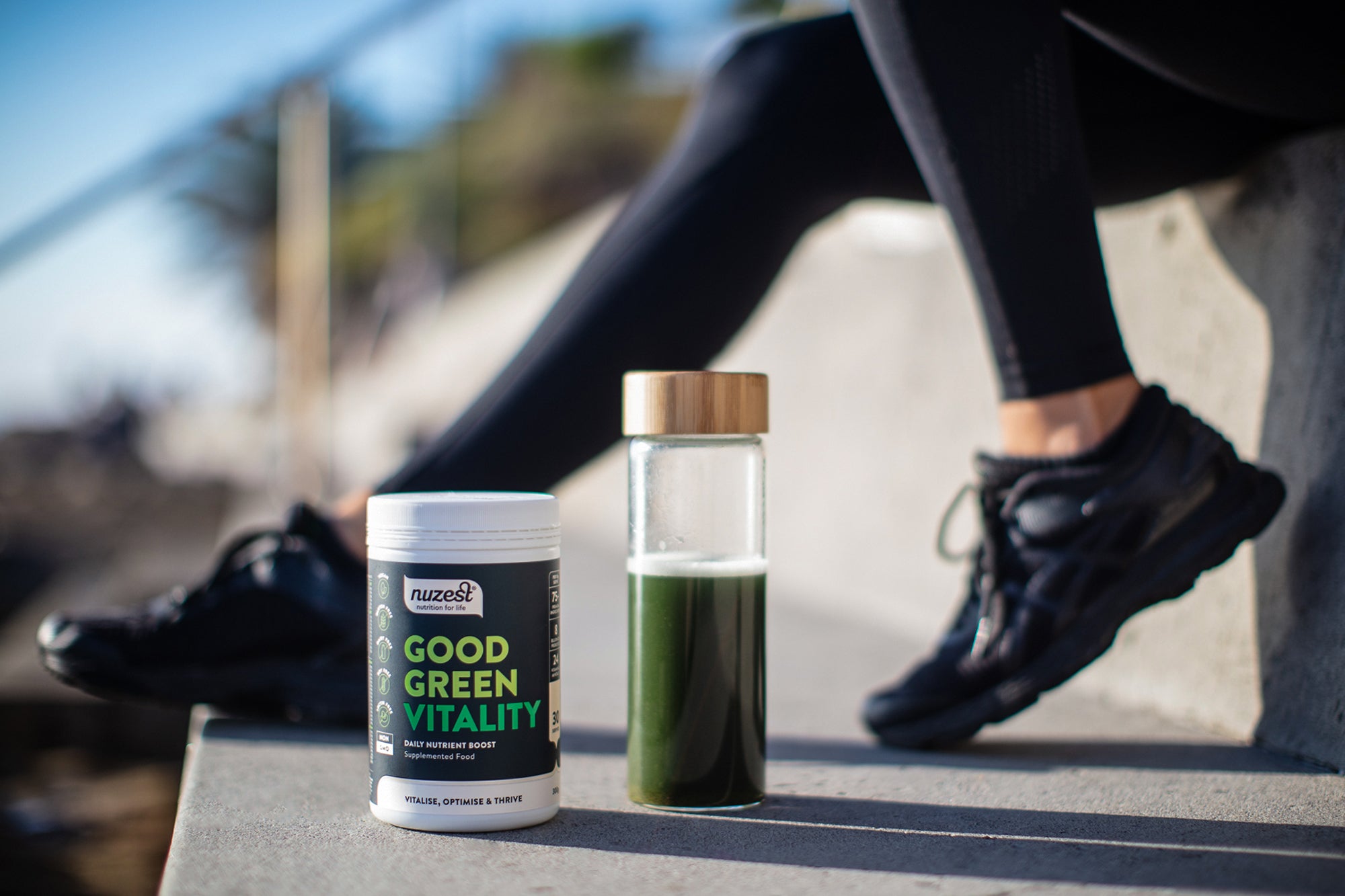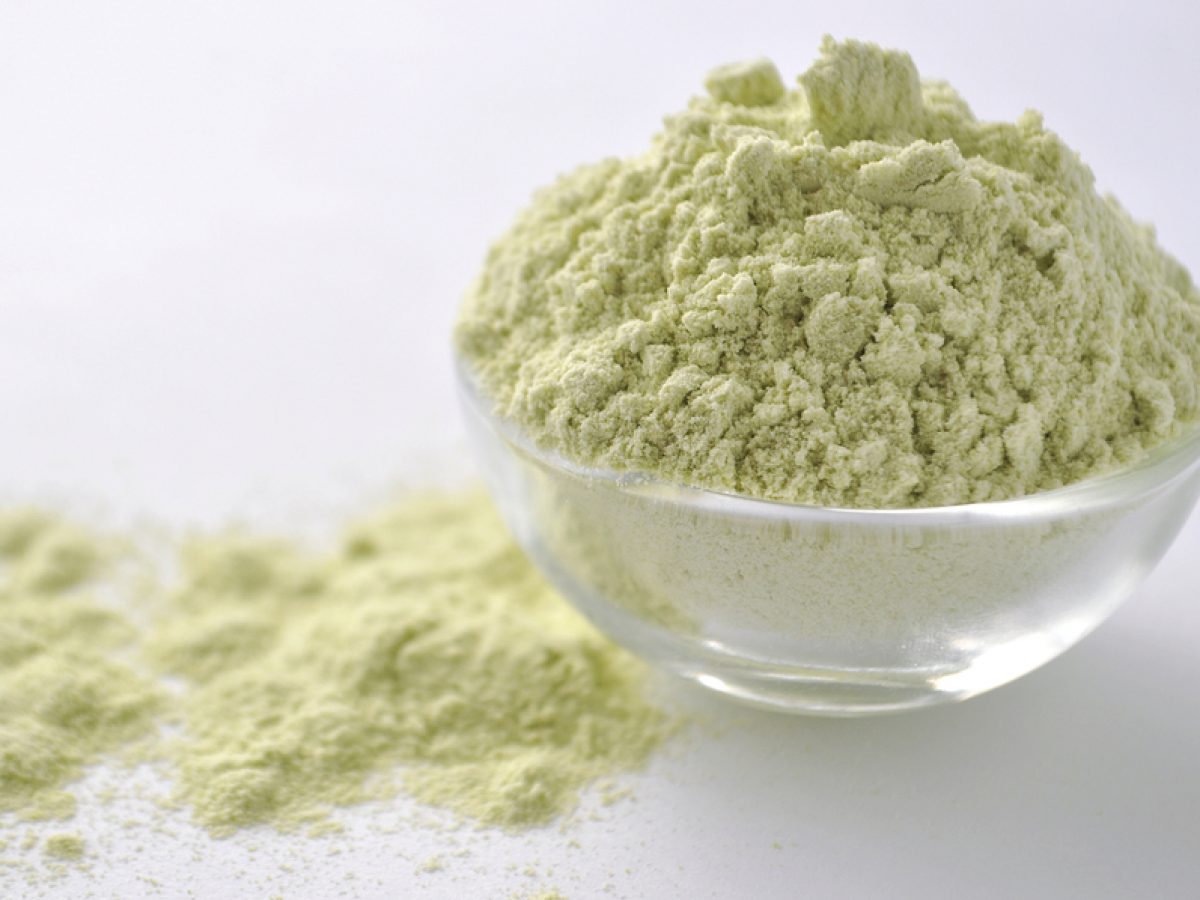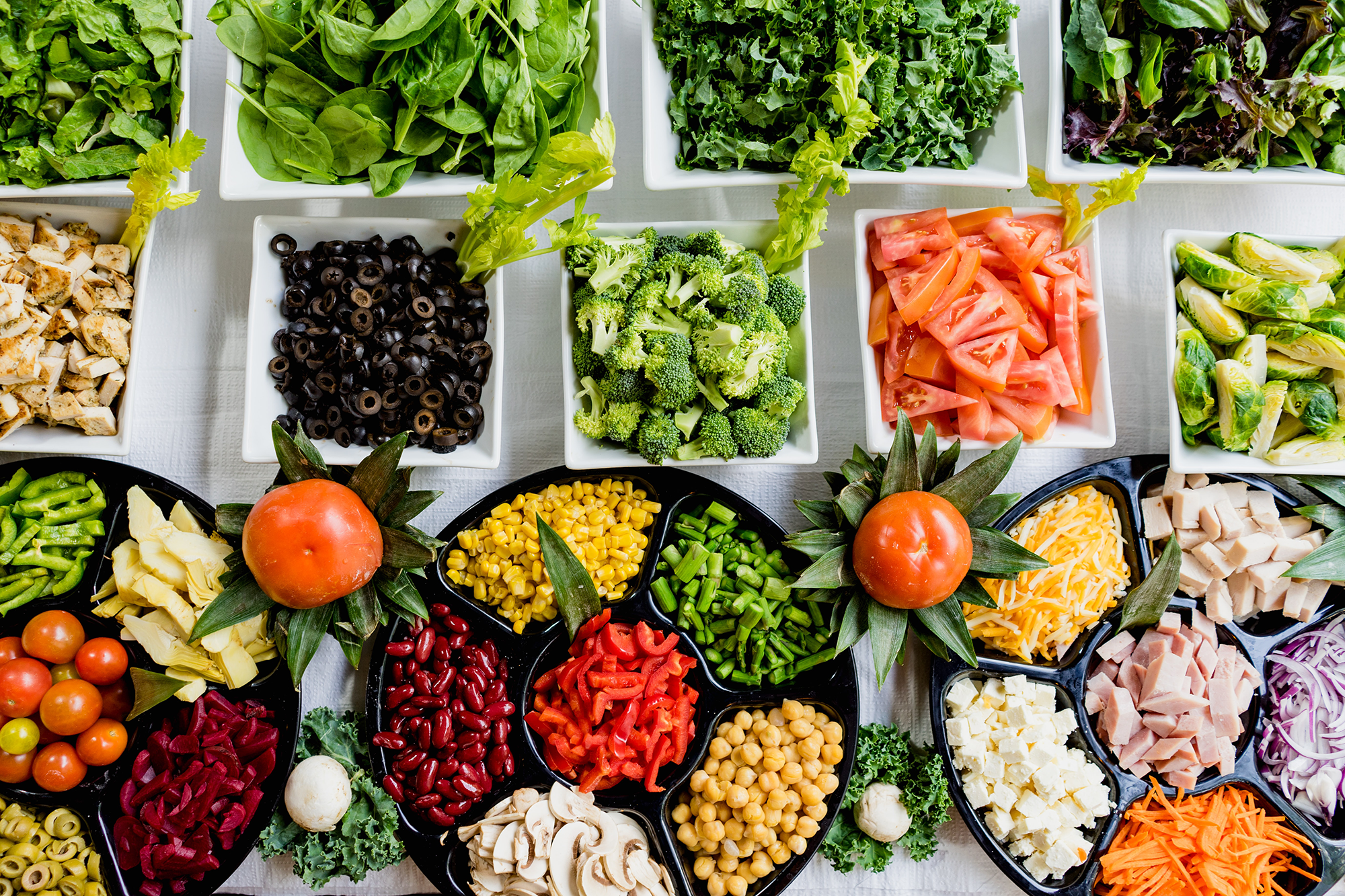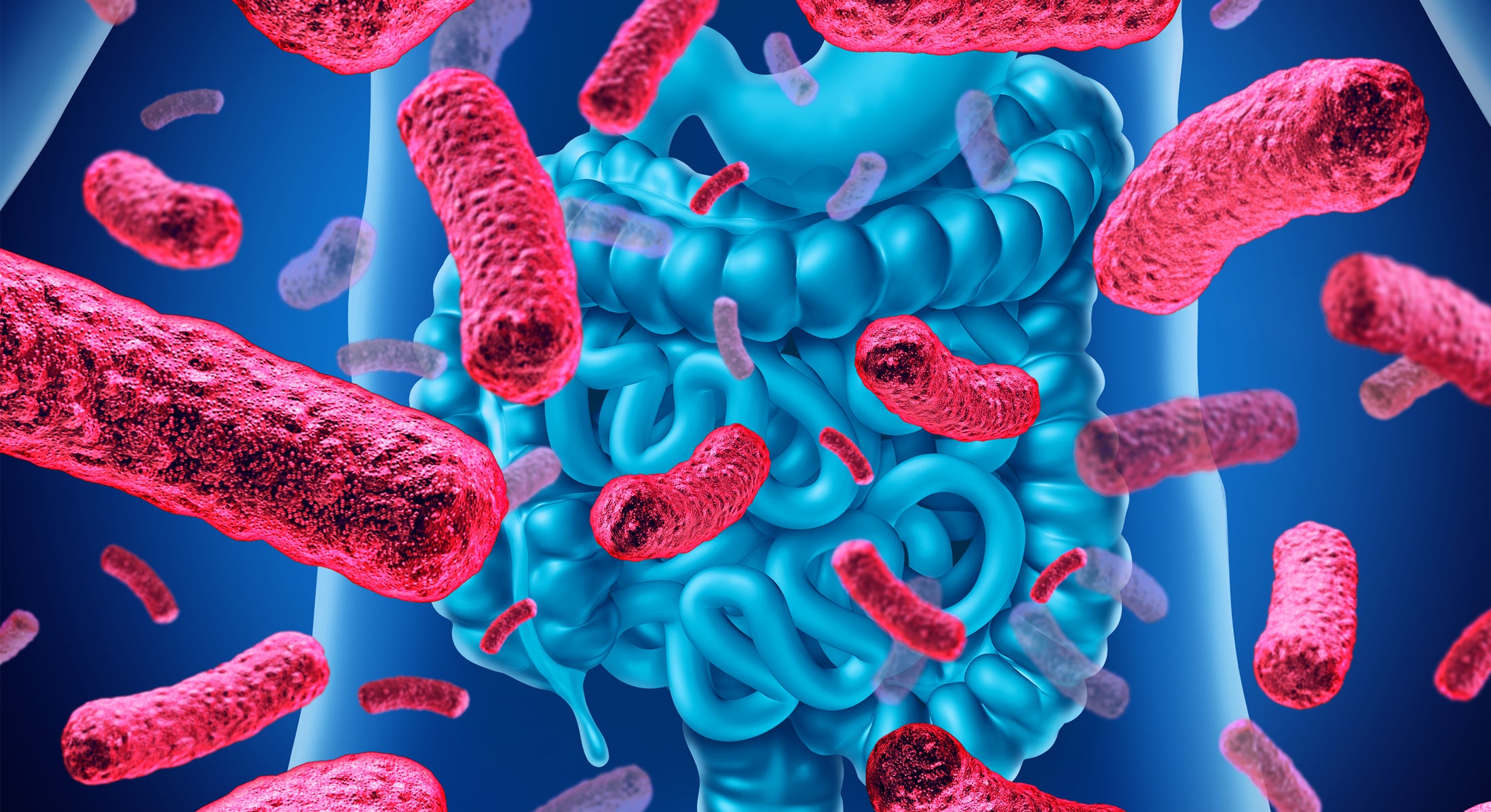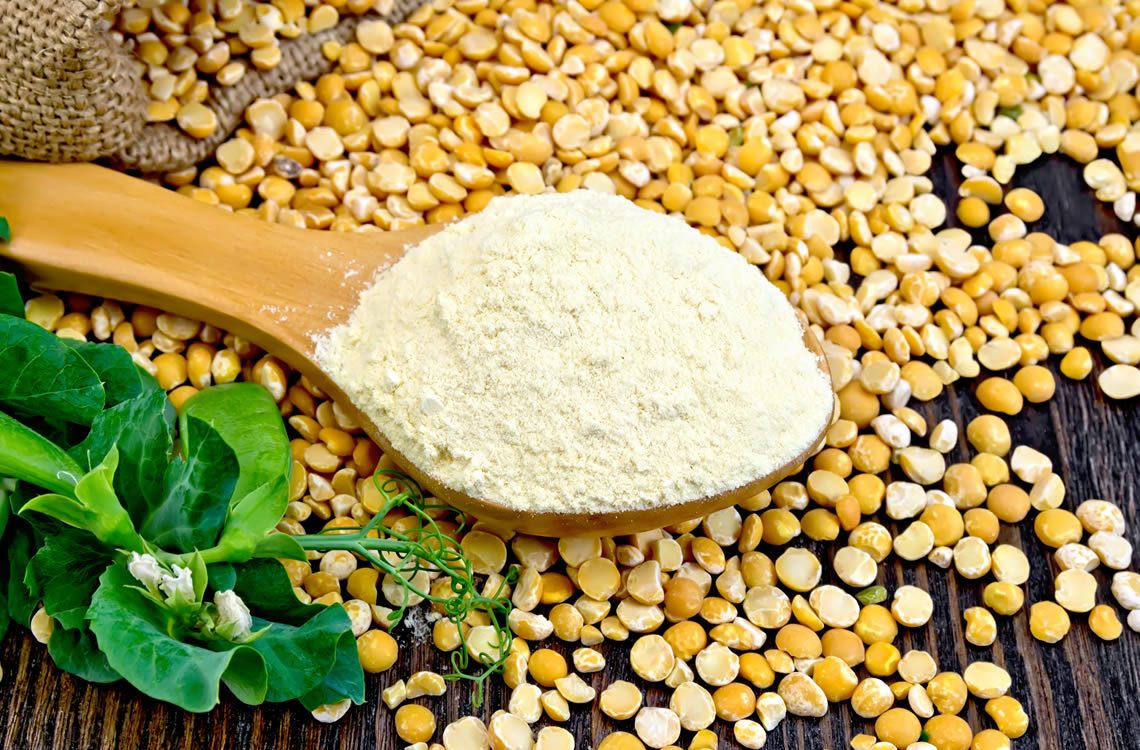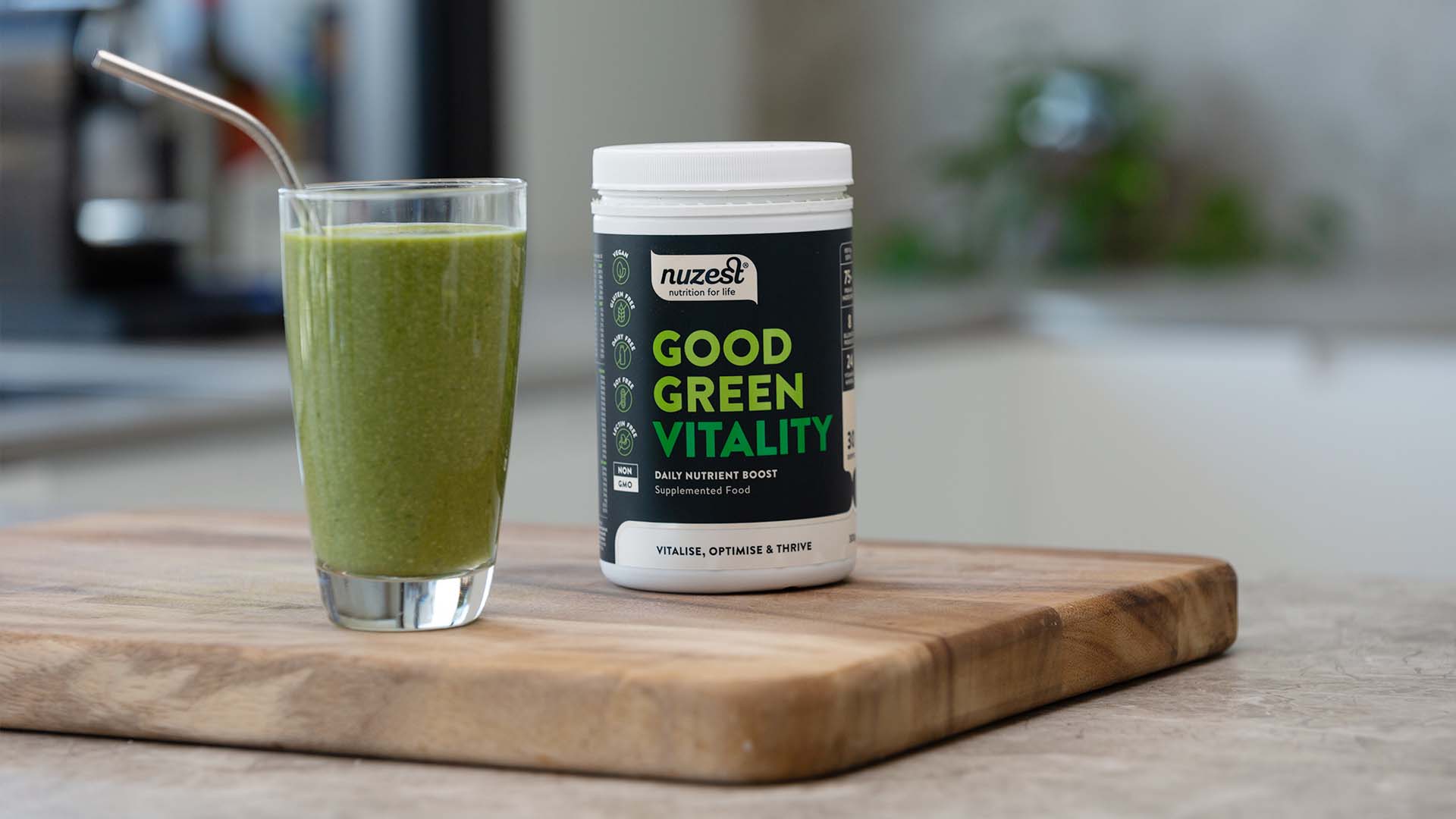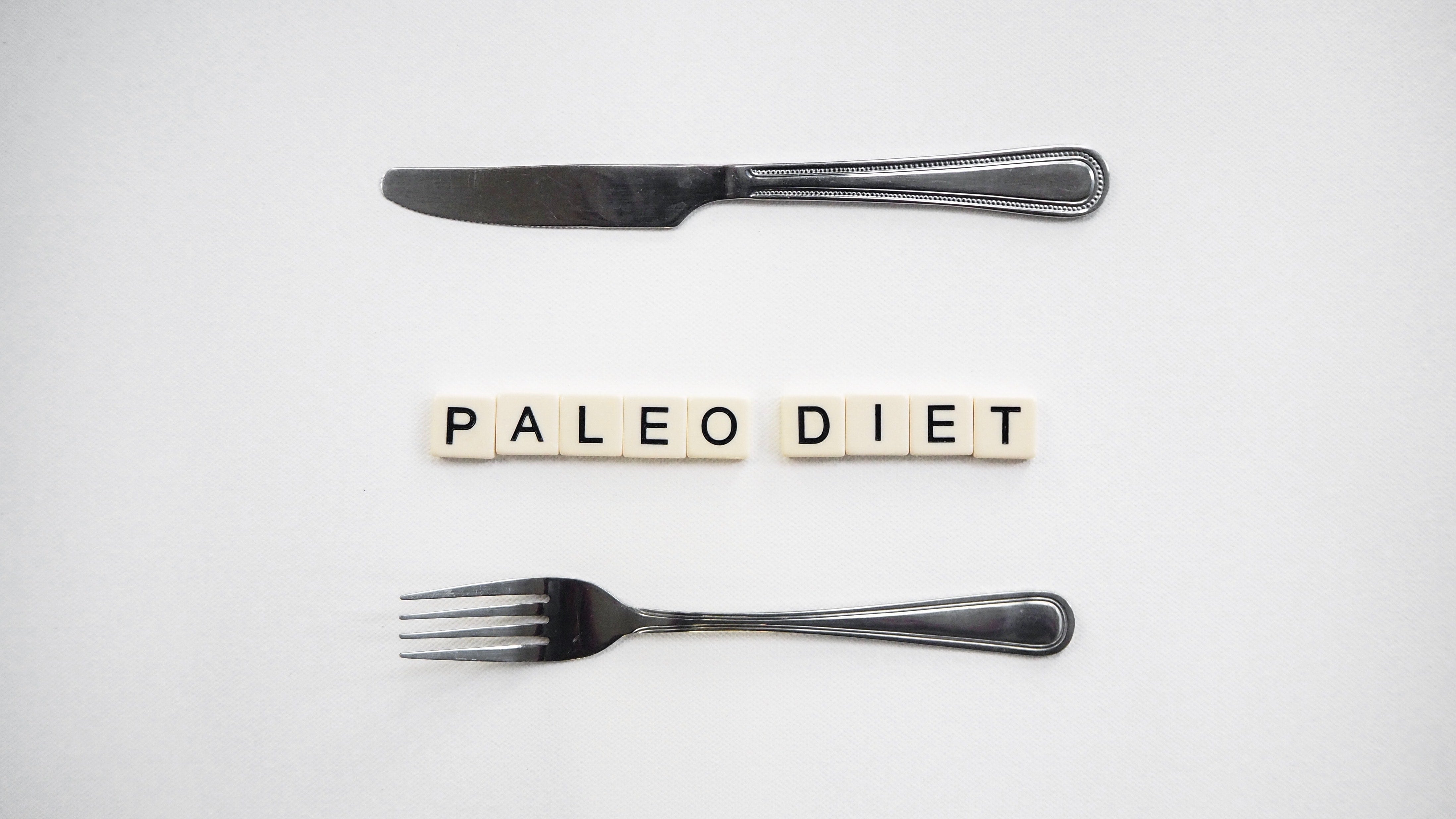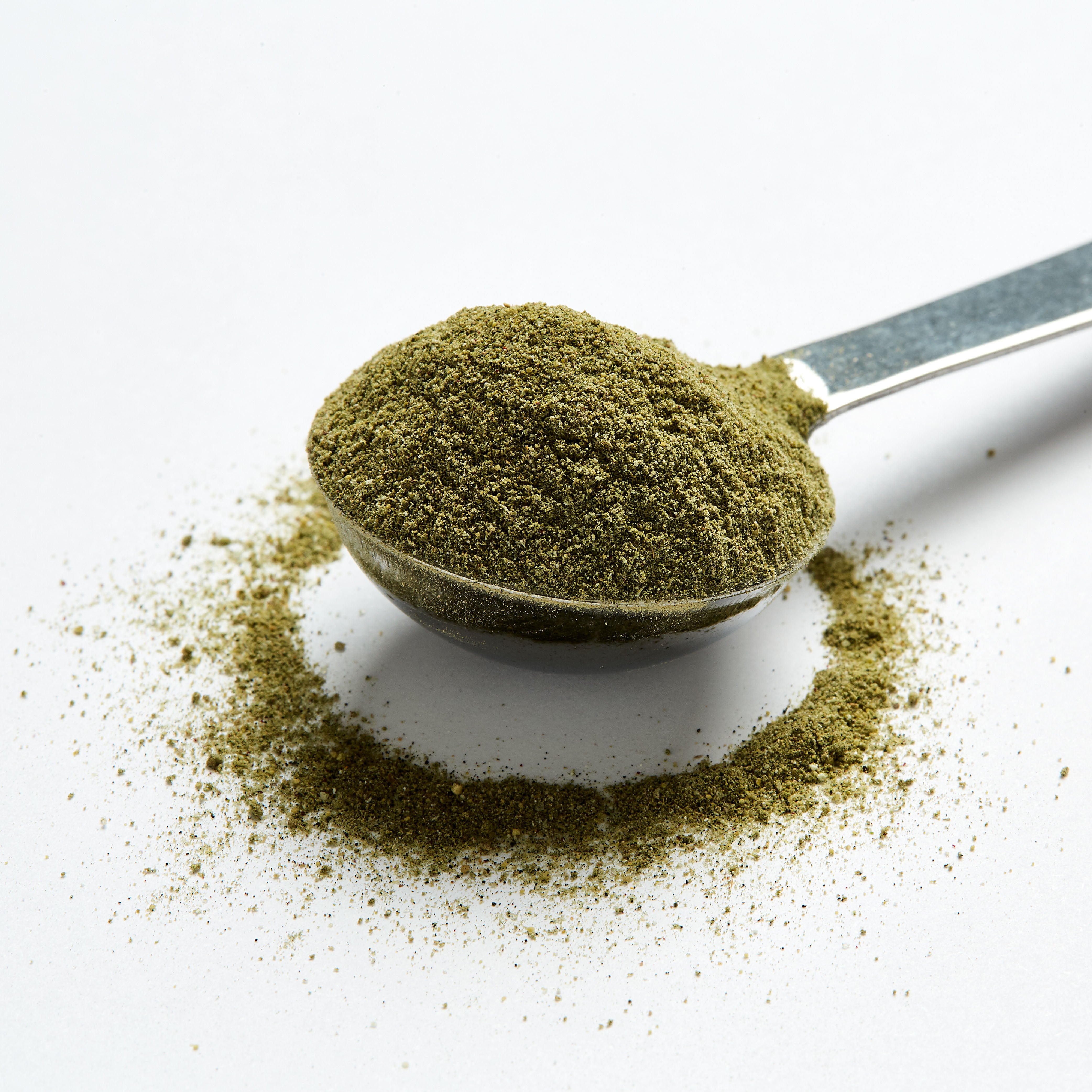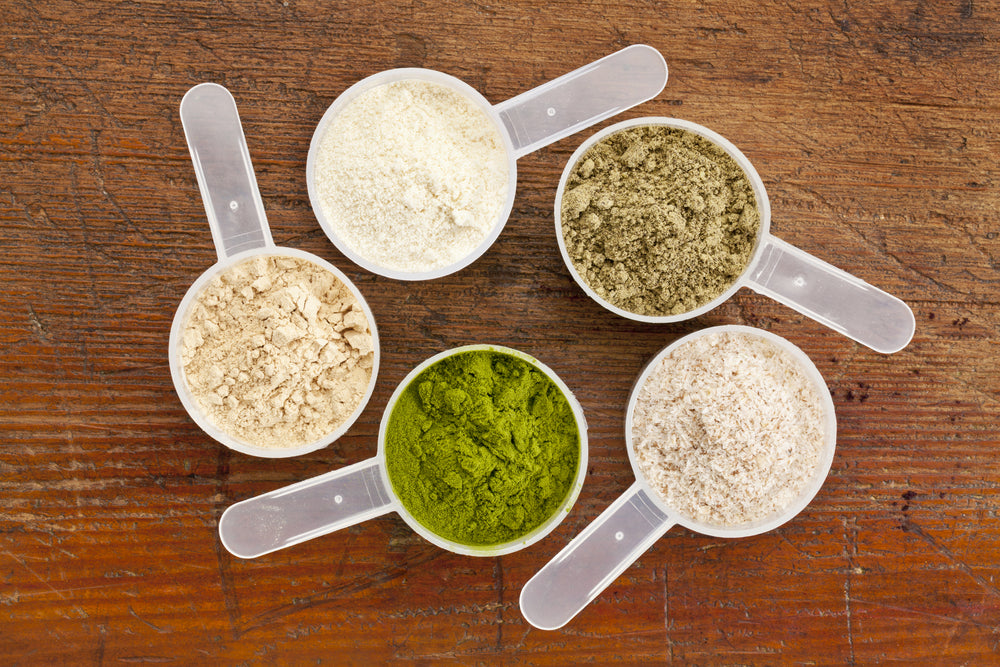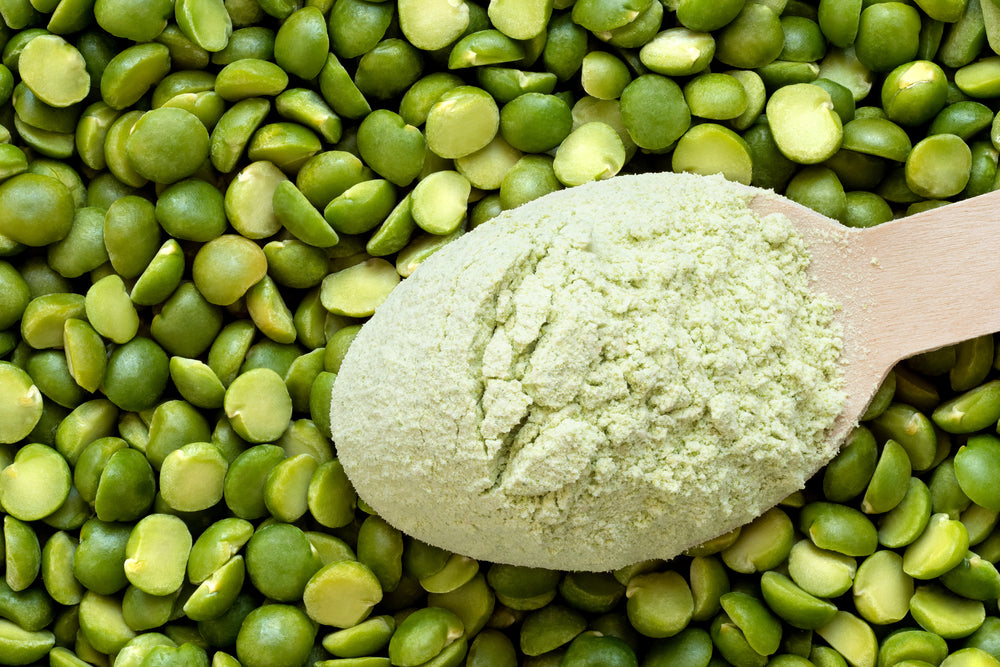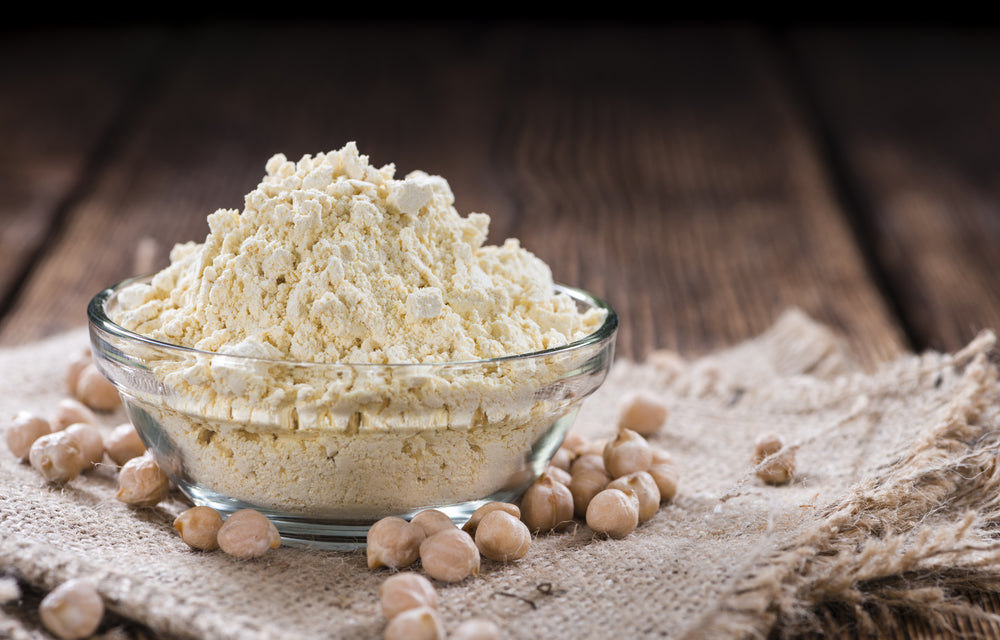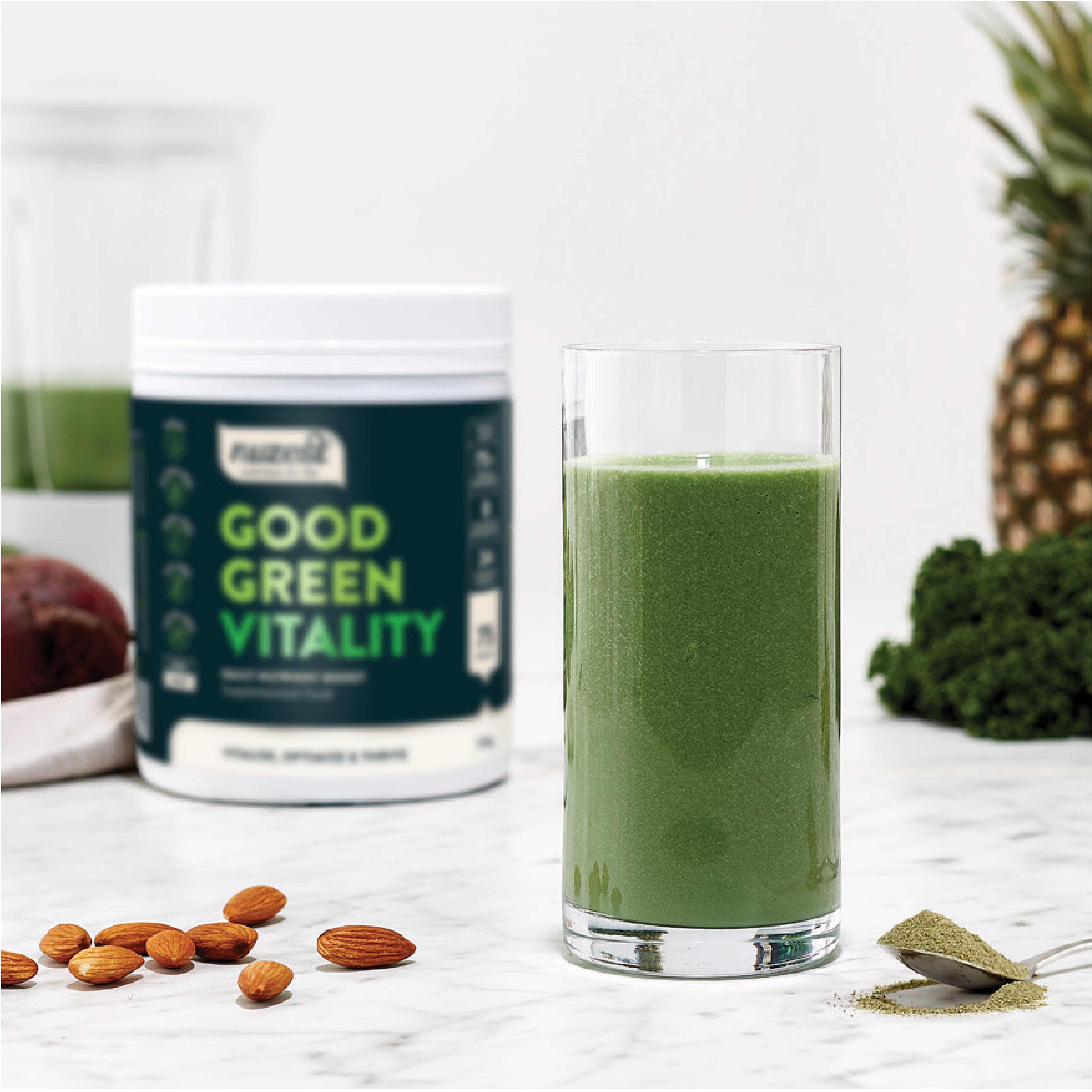Plant based protein is the biggest story in today's protein market. By incorporating plant-based proteins into diets it is possible to decrease or fully eliminate meat consumption. Due to this more and more are adopting vegetarian and vegan lifestyles. However, many people are still focused on consuming 'high quality' meat products either for taste preferences, or because they believe meat is nutritionally superior. We want to set out the challenge of answering the underlying question 'what is the difference between plant protein versus animal protein?'
Amino Acids in Plant Protein and Animal Protein
Protein is made up of amino acids. A total of 20 amino acids are needed by the human body. Of the required 20 amino acids, 9 are considered 'essential,' meaning they must be obtained through the diet. The other 11 amino acids can be synthesized in the body.
Animal proteins tend to deliver all of the amino acids you need in one food. But what is not commonly known is that you don't have to get all amino acids in one meal to experience the benefits. For years, it was believed that plant proteins were somehow inferior to animal protein. The premise was; plant proteins could only be 'incomplete' proteins - meaning they lacked one or several of the the essential amino acids. In order to be 'complete,' one would have to diligently plan meals to get a full range of amino acids. This is where the whole 'you need to eat rice and beans together for complete protein' idea comes from. Since this time, science has entirely debunked the myth that you need to consume all amino acids simultaneously to reap the protein rewards. We now know that you can consume various forms of plant foods with different amino acid profiles separately (spaced out throughout the day, across a few days, etc.) and still get adequate use of dietary protein. Eating a robust, varied diet complete with various plant-proteins, you can get a full range of the amino acids that your body needs, even as a vegan. The Nuzest Clean Lean Protein has a complete panel of amino acids.
Animal Protein, Plant-Protein, and Chronic Disease
The World Health Organization (WHO) currently classifies red meat as a Group 2A carcinogen, meaning that it is probably carcinogenic to humans (meaning they believe red meat might cause cancer) Processed meat is classified as a Group 1 carcinogen, meaning, it is cancer-causing to humans based on sufficient human data. Limiting intake of red and processed meat could be beneficial in lowering cancer risks.
Furthermore, epidemiological studies of various dietary habits have shown that vegetarian and vegan diets are usually protective in terms of cancer risk and that fruit and vegetable consumption is linked with lower risk of cancer. Additionally, plant foods usually are full of free-radical quenching antioxidants, which can help protect your body from harmful oxidative reactions and are often rich in fiber. Other large observational studies have connected red meat consumption with cardiovascular disease and processed meat with increased risk of cardiovascular-related deaths, as well as increased risk of Type 2 Diabetes.
The amount of red and processed meat you consume makes a difference!
You don't have to go fully vegan in order to benefit from the wide ranging benefits of plant-based foods. Even if you love meat, cutting back on animal proteins from processed and red meat sources may be beneficial against these diseases, especially if you replace meat with nutrient-rich plant foods such as legumes, nuts, beans, whole grains, and fruits and vegetables.
Protein and The Environment: Is Meat Sustainable?
It is accepted that meat is simply less environmentally friendly. Producing just one kilogram of beef (or 2.2 pounds) emits a hefty 26 kilograms of carbon dioxide. Lamb emits even more carbon dioxide: roughly 39 kilograms of CO2 per kilogram of meat. Livestock also emits methane (another greenhouse gas) from burps, farts, and poop.
To complicate things further, even 'healthier alternatives' such as grass fed livestock tend to emit even more greenhouse gases compared to factory-farmed livestock due to efficiency in terms of land-use and resources.
Plant proteins typically produce far fewer carbon emissions. For example, a kilogram of lentils emits 0.7. kilograms of carbon dioxide (CO2), a strikingly lesser amount than livestock production. Furthermore, they tend to have a much smaller water footprint, making them an overall more sustainable food choice.
Even if you're a fan of meat, swapping some animal protein for plant-based protein will not only be beneficial for your health, but it will also help shrink the overall carbon footprint you produce. To add more plant-based protein to your diet, check out Nuzest Clean Lean Protein or other products in the Nuzest lineup.
We have a range of amazing Clean Lean Protein Smoothies, Smoothie Bowls and other recipes for you to follow! Check these out here.
* Original article posted by Nuzest USA https://www.nuzest-usa.com/need-know-plant-protein-vs-animal-protein


